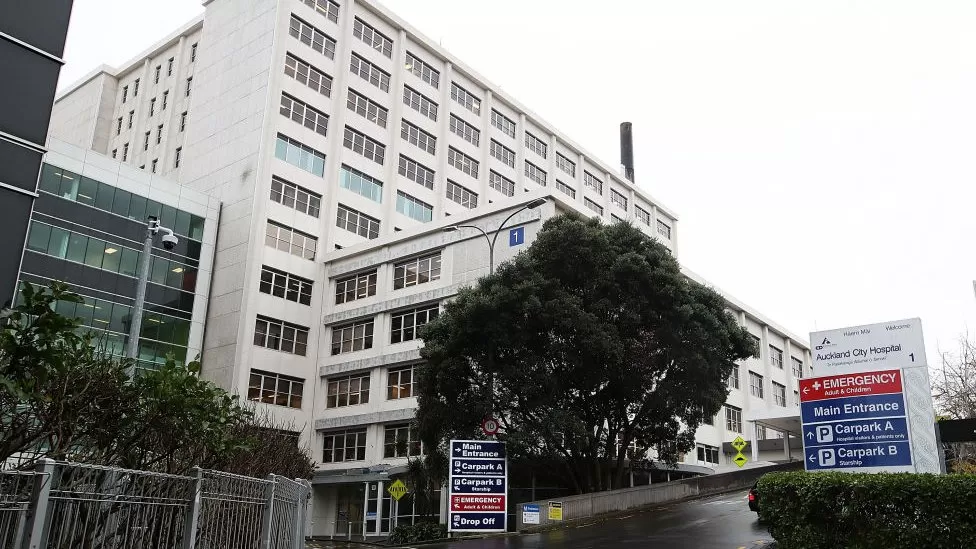
A tool “as large as a dinner plate” remained in a New Zealand woman’s abdomen post her Caesarean delivery at an Auckland hospital.
Oversight in Medical Procedure
An Alexis wound retractor, a soft tool used during surgeries to keep wounds open, remained inside a woman for 18 months post her Caesarean birth in an Auckland hospital.
Throughout this period, she experienced intense discomfort, consulting multiple physicians until a CT scan eventually identified the issue.
The public hospital system was criticized by health regulators for this oversight.
Despite the health district board of Auckland, Te Whatu Ora Auckland, initially denying any lapse in their care, New Zealand’s Health and Disability Commissioner, Morag McDowell, expressed strong disagreement in a recent statement.
McDowell remarked, “It’s clear the care standard was not met given the oversight in surgical checks, leading to the retractor being left inside.”
The Alexis wound retractor, made of clear plastic attached to two rings, is typically removed after the uterine incision during a C-section before stitching the skin. Since it’s a “non radio-opaque” object, X-rays couldn’t detect it.
Alarmingly, this marks the second instance in two years of a similar oversight in Auckland hospitals.
Emphasizing the distress the woman underwent, McDowell said the hospital should have had preventive protocols. Despite visiting her GP multiple times post-delivery in 2020 and even an emergency hospital visit due to pain, the issue was not identified earlier.
Official Statement
The Commissioner’s disappointment intensified as the Auckland District Health Board had breached patient rights in 2018 by leaving a swab inside a patient post-surgery. After that incident, a “count policy” was supposed to be in effect to account for all surgical tools. However, it was revealed that some surgeons were unaware of the policy during the woman’s surgery.
Mike Shepard, Te Whatu Ora Group’s director of operations for Auckland, expressed regret for the oversight and assured that steps are being taken to prevent such incidents. He reiterated to the public that such mistakes are highly uncommon and assured them of their surgical and maternity care quality.


